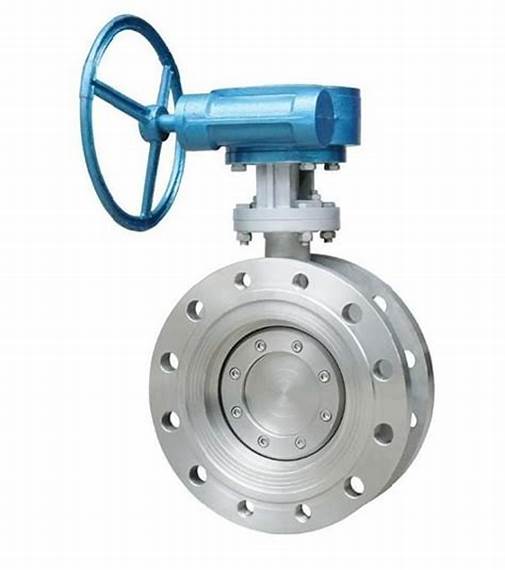16mm Diameter Ball Valve for Efficient Flow Regulation in Plumbing Applications and Industrial Use
Understanding the 16mm Ball Valve A Key Component in Fluid Control
Ball valves are essential components in fluid control systems, known for their reliability, efficiency, and ease of use. Among the various sizes available in the market, the 16mm ball valve has become a popular choice for both residential and industrial applications. This article explores the key features, advantages, and applications of the 16mm ball valve.
What is a Ball Valve?
A ball valve is a type of quarter-turn valve that utilizes a spherical disc (the ball) to control the flow of liquid or gas through a pipe. The valve has a simple design, allowing for quick open and close operations. When the valve is in the open position, the ball is aligned with the flow of the medium, enabling unrestricted flow. Conversely, when closed, the ball is turned, blocking the flow entirely.
Key Features of the 16mm Ball Valve
The 16mm ball valve typically features a threaded or soldered connection, making it suitable for various piping systems. Here are some significant characteristics
1. Compact Size At 16mm in diameter, this valve is ideal for applications where space is limited, such as in small pipelines or residential plumbing systems. 2. Durable Materials Most 16mm ball valves are made from brass, stainless steel, or PVC, ensuring corrosion resistance and longevity. Stainless steel options, in particular, are prized for their strength and tolerance in both high-pressure and high-temperature environments.
3. Simplicity of Operation The quarter-turn mechanism allows for rapid opening and closing. This feature is advantageous in emergency situations, enabling users to quickly shut off the flow of substances.
4. Leak-proof Design A well-manufactured ball valve ensures a tight seal, effectively preventing leaks. This is vital in applications where fluid loss can lead to significant waste or hazards.
Advantages of Using a 16mm Ball Valve
16mm ball valve

Using a 16mm ball valve in plumbing and industrial applications offers several advantages
1. Efficiency The minimal resistance to flow when the valve is open ensures that the system operates at optimal efficiency. This can be particularly beneficial in maintaining desirable pressure levels in fluid systems.
2. Versatility These valves can handle various mediums, including water, oil, and gases. Their versatility makes them suitable for multiple applications, from household plumbing to more complex industrial processes.
3. Cost-effective The simple design and durability of ball valves generally require less maintenance, making them a cost-effective solution over time.
4. Easy Installation Given the compact size and straightforward design, installing a 16mm ball valve is typically a hassle-free process, suitable for DIY projects or professional installation.
Applications of the 16mm Ball Valve
The versatility of the 16mm ball valve allows it to be employed in various sectors, including
- Household Plumbing Often used in kitchen and bathroom installations for controlling water supply. - Heating Systems Used in radiators and heating circuits to regulate the flow of hot water. - Irrigation Systems Ideal for controlling water flow in garden and agricultural irrigation setups. - Industrial Processes Utilized in chemical processing, water treatment, and oil and gas industries where fine flow control is necessary.
Conclusion
The 16mm ball valve is a vital component that enhances fluid control in various applications. Its compact size, durability, and efficient operation make it an invaluable tool in both domestic and industrial settings. Whether you’re looking to install a new valve or replace an old one, understanding the features and advantages of the 16mm ball valve can help you make an informed decision, ensuring that your fluid systems operate smoothly and efficiently.
-
Breakthrough in Domestic Low Temperature Valve Technology in ChinaNewsAug.18,2025
-
From Machinery to Intelligent Brain: The Digital Transformation Wave of the Valve IndustryNewsAug.18,2025
-
PCVEXPO 2025NewsAug.18,2025
-
The Key to Fluid Control: Exploring the Advantages of Ball Valves in Industrial SystemsNewsJul.09,2025
-
The Versatile World of 1, 2, and 3 Piece Ball ValvesNewsJul.09,2025
-
Stainless Steel Ball Valves: The Ideal Choice for Efficient Flow ControlNewsJul.09,2025
-
Optimizing Fluid Control with Ball Float ValvesNewsJul.09,2025




